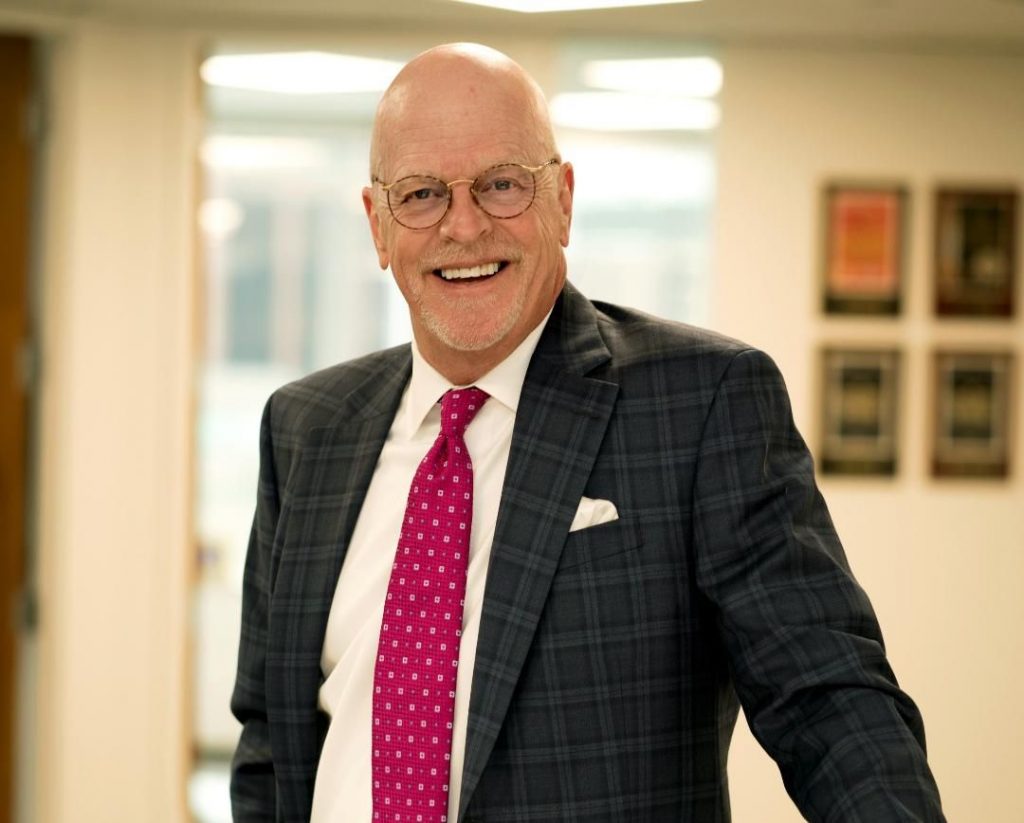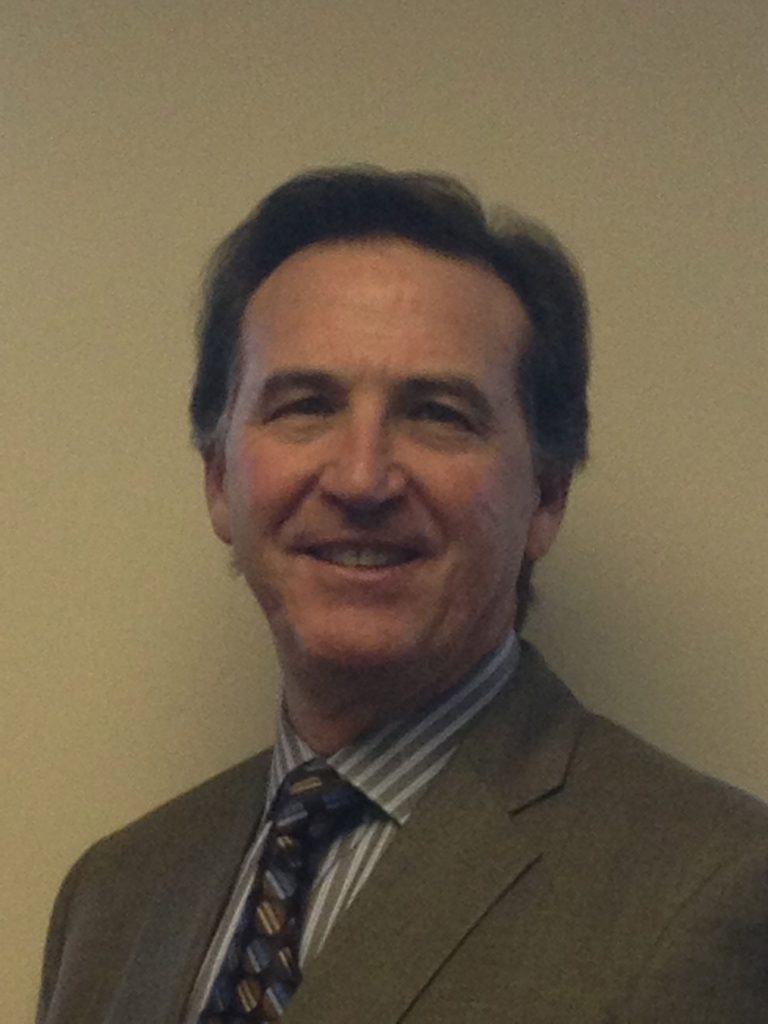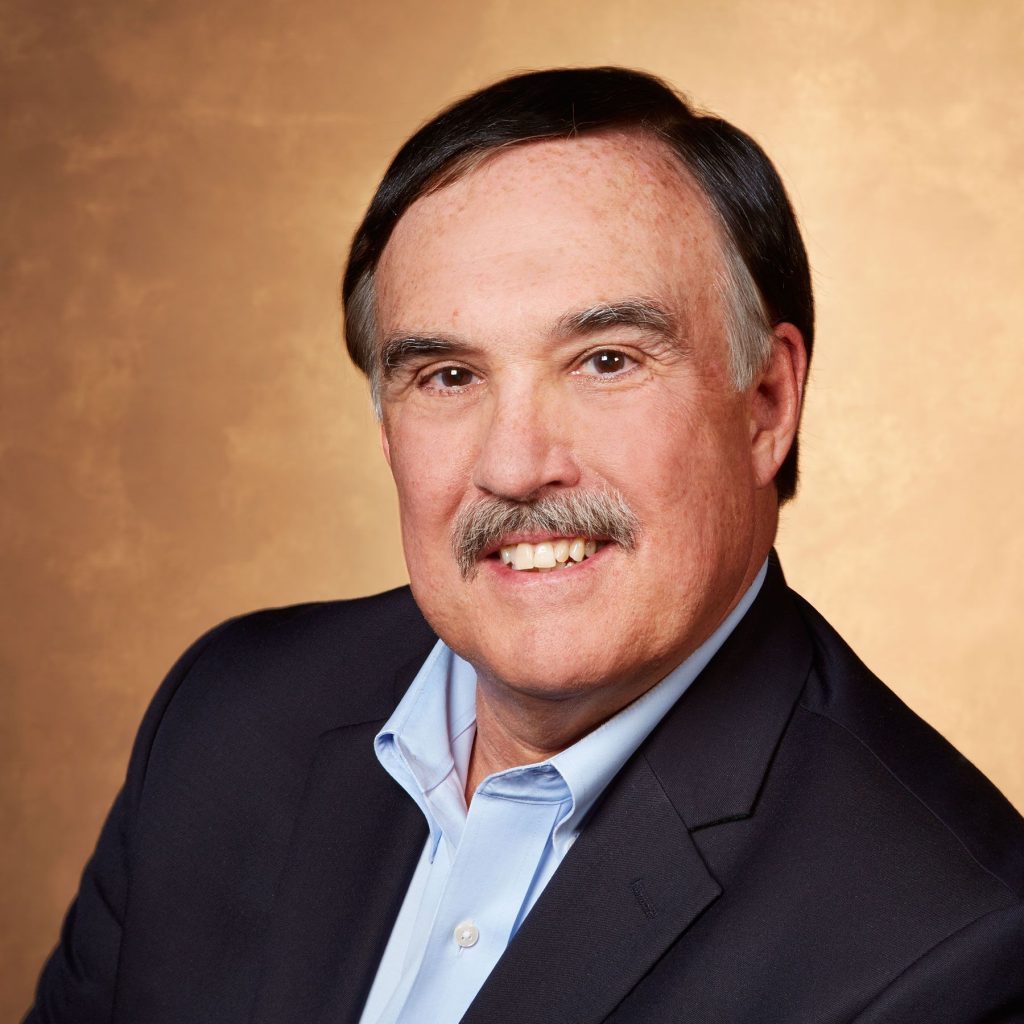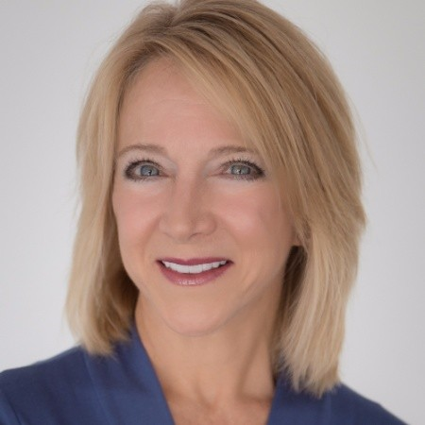Panel Presentation — DAB Past Presidents
Current president Mike Butler acted as emcee to a panel presentation of past DAB presidents. Those we celebrated were John Jordan…Anthony Lambatos…Tom McConnell…Peter Tedstrom…Gary Taylor.
The DAB was formed in 1986. At that time, it consisted of twelve men and one woman. The organization was called The Advisory Board and met at Lakewood CC.
Gary Taylor — joined in 1988 and was in the organization for 32 years. He served as president from 1994-2000. In his tenure, the organization hosted three education forums that served the community and raised funds to donate to local charities. Partnership with to the Senior Hub organization started in this time. In this period, the name of the organization was amended to The Denver Advisory Board.
Peter Tedstrom — joined in 1999 and continues as an active member today. Membership in 1999 dropped to six people! Dues were $2,000 per year. Ouch. There was no president for awhile until he was “volunteered” by another member. He served from about 2004 to 2008. Membership grew to 25 members as dues were cut significantly. Peter initiated more charitable programs, began the annual golf tournament, and formed a committees’ structure.
Tom McConnell — joined the DAB in about 2007. The membership was just under 30 people and strong. He became president in 2008 and served until 2014. Tom created the quarterly happy hours, an election process for the role of president, established membership goals and formed the first Strategic Planning Committee.
(According to the photos Mike shared, the stress of leading the organization for each of these fine gentleman caused them each to lose their hair!)
Anthony Lambatos — joined DAB in 2009 and immediately took over the chair of the Events Committee and created many fine events for the membership, including the annual Kickoff party. Anthony served as president in 2014-2016. Membership continued to grow to about 50, mostly because of the “loud” suits he liked to wear! During his tenure, the monthly meeting place of The Oxford Hotel bumped us in favor of an all-hotel event and Anthony scrambled to get The Aquarium to host the upcoming meeting. He subsequently led the change to our current and ongoing location at the Aquarium. Anthony initiated a president-elect process to help in the transition of leadership.
John Jordan — joined also in 2009 and took on the chair of the Programs Committee. Members enjoyed and learned from many excellent speakers, including Governor John Hickenlooper. After running against Anthony in 2013, John was elected president and served from 2017 to mid-2019. With his guidance, the DAB expanded member categories and he initiated a process to encourage committees’ chairs turnover to keep the BOD fresh and vibrant. John also started the Member Engagement Committee, and had the habit of clanking an iritating cowbell at the start of each monthly meeting.
Mike Butler — joined the DAB in 2012. Hanging quietly around and grasping (finally!) the finer aspects of the organization, he stepped up to lead the Events Committee in 2018. Mike became president in mid-2019 and in partnership with all the committee Chairs is beginning his initiative to “Rev It Up!” in 2020 and beyond. Mike expects to be the first re-elected three-term president (or until the Dallas Cowboys call him to be their new head coach).
– Doug Phelps












